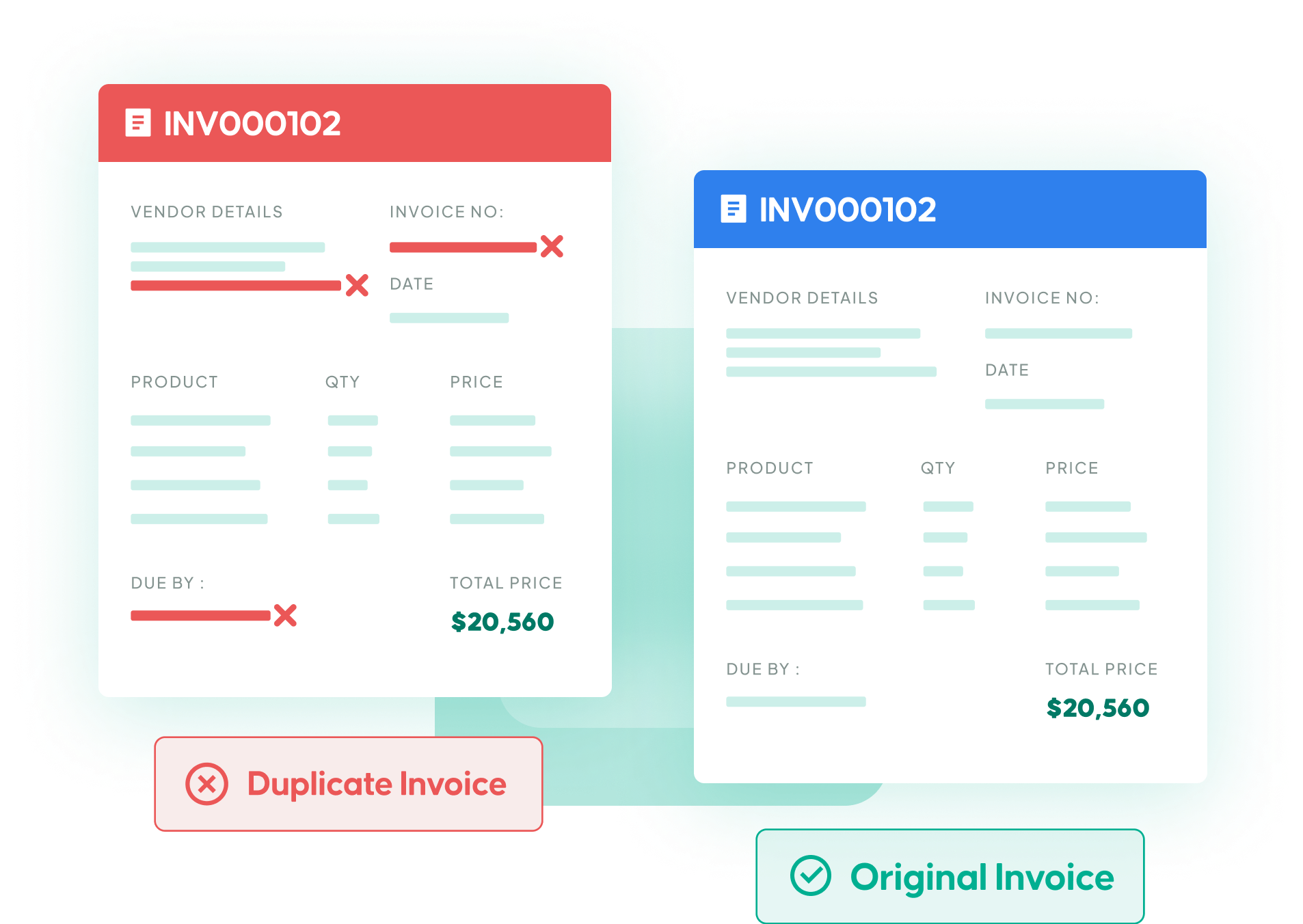What Is A Contract Renewal? - Definition
Contract renewal is the stage in the contract lifecycle at which a contract is scheduled to expire. At this point, counterparties are afforded the opportunity to renew their contract based on current contract terms, or they may renegotiate and enter a new contract.

Understanding Contract Renewal
Contract renewal is the stage in the contract lifecycle at which a contract is scheduled to expire. At this point, counterparties are afforded the opportunity to renew their contract based on current contract terms, or they may renegotiate and enter a new contract. Some contracts are scheduled for auto-renewal; however, it is crucial that all parties schedule time for review at least thirty days before a contract renewal becomes active. Automatic renewals can save time, but without a proper contract review process, they can put all counterparties at risk of being locked into a contract that is no longer promoting contract value as expected.
Importance of Contract Renewal Opportunities
The contract renewal stage allows counterparties the opportunity to address potential issues with the previous contract and renegotiate more favorable terms. Most contracts include renewal provisions, but it’s essential to prepare ahead of time by checking for standard clauses and terms that may have been updated since the original contract execution. Teams should also confirm that products and services provided through the contract are still necessary, and they should review price terms and goal alignment to ensure these areas are addressed during contract renewal.
Organizational strategies, needs, products, services, and budgets evolve, so contract renewals present the opportunity to improve contracts to meet new standards and support the goals of contract stakeholders. Contract renewal is a chance to renegotiate payment and delivery terms and lower costs, leverage volume discounts, increase performance levels, and address issues with the previous contract. Small updates can have a significant impact on the quality, quantity, and efficiency of products and services provided.
Proper contract renewal management should feature a historical review and strategic consideration of the pros and cons of the renewal. Renewal time should be embraced as much more than a lackadaisical check-in - as contract renewals can help increase revenue, reduce costs, ensure obligations are met, improve legal protection, decrease risk exposure, and build higher-value relationships.
The Pitfalls of Manual Contract Renewal Process
Organizations must have a solid process in place to achieve scalable success with contract renewals. Manual processes relying on emails, spreadsheets, and decentralized databases, and contract repositories can make it difficult to manage large volumes of contracts with ranging complexity, varying renegotiation dates, and myriad renewal terms.
Manual contract renewal processes can deny organizations the capability to quickly address contracts that are complex or the transparency to see how clauses are positioned across different departments. Manual contract renewals also have the potential to fall through the cracks. The renewals that are addressed will require a large amount of time and resources for the legal team to review and for finance professionals to confirm contract costs match processed payments.
Additional time will be needed to follow up with anyone and everyone that has ever touched the contract before renewal to make sure the language and numbers are updated in time. The margin of error, missed opportunity, and loss of productivity is escalated with manual contract renewals. But now, organizations no longer need to waste time on manual contract renewals. There is a clear solution to drastically streamline and improve processes today.
Advantages of Automatic Contract Renewal
Setting up contracts to auto-renew has advantages for both parties.
- Less friction: there’s no paperwork to worry about, so services should be contracted faster than if there were to be a manual renewal
- Less negotiation: if parties are happy with the current terms then letting the contract auto-renew avoids them having to go through negotiation and redlines - which means more speed and fewer meetings
- No service interruption: automatic renewal means services can remain available throughout, without a break for parties to work out their future arrangements
- Easier revenue capture: this is obviously an advantage mainly for the vendor, but auto-renewal of the contract means they can guarantee another year of revenue without having to deploy the sales team
- Easier forecasting: again, for the vendor, once the notice period has passed for termination, they’re able to forecast revenue for the year ahead without needing to worry about the contract terminating
Explore Additional Resources to Know More

Blog
Level up your contract analytics with AI-enabled contract analytics visualization and dashboards and prevent revenue leakage.

Blog
How to keep your contracts alive - Keep Your Contracts Alive – Monitor and manage contract status on ServiceNow.

Blog
Do vendor contracts still exist in your system, but they no longer serve a purpose? What could happen to you if caught off guard by expired contracts.?

